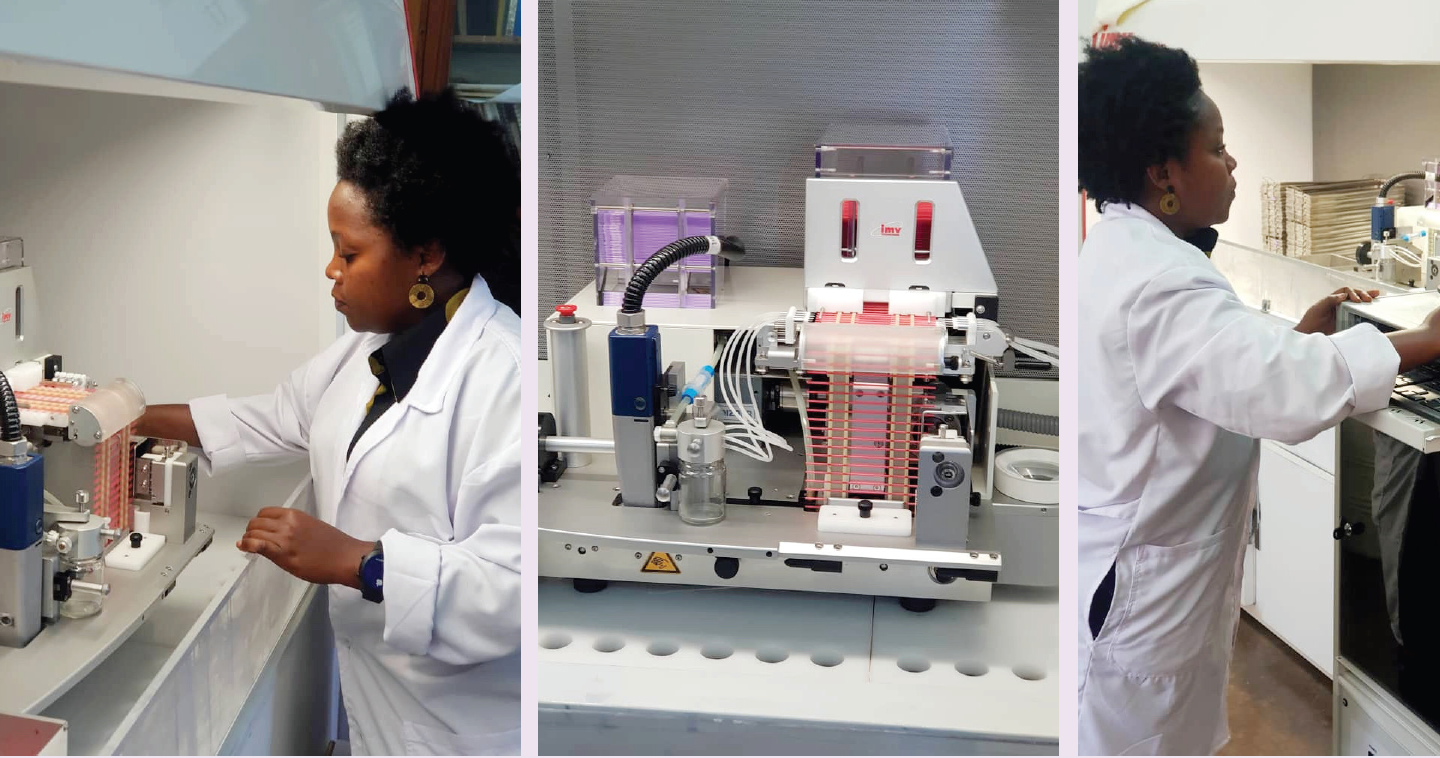
Regional Gene-Bank: Scientists Aim At Safeguarding Africa’s Biodiversity Under Africa Biogenome Project(AFRBP).
From 6th to 8th December, NAGRC&DB joined the rest of the African scientists to take part in the open Institute East and Central African regional workshop 2023, the three-day practical session focused on how biological samples also commonly referred to as genetic resources can be ethically acquired from the owners.
According to the experts, this can only be achieved by observing national, international, and global frameworks which demand that there should be an agreement between the provider and the user of genetic resources.
There was emphasis that such agreements must spell out the purpose of acquiring the genetic materials and the need for equity; stressing that any benefits arising from the use (including development and commercialization) of the genetic materials be fairly and equitably shared with the provider.
NAGRC&DB was selected to host the regional workshop given the institute’s expertise and national mandate of conserving indigenous animal genetic resources both in-situ and ex-situ. The agency is also a regional centre of excellence hosting the African Union animal resources seed centre of excellence commonly referred to as Eastern Africa Regional Gene Bank.
Mr Joel Ogwang a geneticist at NAGRC&DB stressed the importance of adhering to the values of ethical acquisition of genetic resources. “Early career researchers are not familiar with the nitty gritty of ethical clearance before sample acquisition, sometimes because the samples they use have already been acquired under a bigger project,” he said.
He further added that whether the genetic materials are for research or biobanking, it is important that they be acquired in a manner that is globally acceptable as provided for in the Nagoya Protocol to the Convention on Biological Diversity (CBD).
The work included several training sessions focusing on various aspects such as how to engage different stakeholders in the sample acquisition chain including obtaining relevant permits, preparing research and/or field collection documents, getting clearance from research ethical committees (RECs), registering research with the National Council of Science and Technology, among others. The workshop was attended by students under master degree programs and other professionals who are currently engaged in or plan to pursue projects that involve acquiring genetic resources such as semen, blood tissues, faecal matter for research, and biobanking.
Mr. Abubakar Musoba, a Makerere University student who is currently characterizing ticks using molecular approaches commended the trainers and organizers of the workshop acknowledging that the training provided him with clarity as far as planning field sample collection is concerned.
The workshop was part of the AfricaBP Open Institute for Genomics and Bioinformatics workshop for East and Central Africa which concurrently took place at ILRI Kenya and the University of Kinshasha, DRC focusing on different areas of expertise of the institutions. AfricaBP aims to empower young scientists with technologies that enhance their understanding of the continent’s biodiversity as well as the use of modern technologies to study the biodiversity leading to their eventual conservation. However, it recognizes the limited home-grown capacity in terms of skills and technologies. AfricaBP is bridging this gap by building the capacity of young scientists in the areas of biodiversity genomics, data analysis, sequencing, and ethical, legal, and social issues (ELSI) associated with the acquisition and utilization of genetic resources.
By Steven Akabwayi
